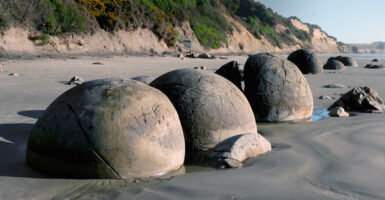20 Weirdest Laws Around the World You Didn’t Know Existed
Very often, legal systems contain an enormous variety of surprising regulations that constitute singular cultural histories, local problems, or simply laws which never got repealed. While a number of weird laws may make sense in context, some remain puzzlingly specific and others amusingly strange.
These regulations offer fascinating glimpses into societies’ values, fears, and priorities across time, and even more intriguingly, many of these kinds of laws continue to bear influence on modern policy making and social behavior.
Singapore’s Gum Control

Importing or selling chewing gum in Singapore has been illegal since 1992, with exceptions only for therapeutic dental or medical gum. First-time offenders can face fines up to $100,000 or imprisonment for up to two years.
The law was implemented to prevent vandalism and maintain the cleanliness of public spaces, particularly in the mass transit system. Since the law’s implementation, maintenance costs for cleaning gum from public areas have dropped by over 90%.
Swiss Toilet Rules

Swiss apartment buildings enforce strict regulations about when residents can flush toilets. After 10 PM, flushing is prohibited in many buildings to prevent noise disturbance.
Building regulations also commonly forbid men from urinating while standing after 10 PM, as it’s considered too noisy for sleeping neighbors. These regulations fall under broader Swiss laws prioritizing community harmony and noise reduction in residential areas.
Like Go2Tutors’s content? Follow us on MSN.
UK Parliament Armor Ban
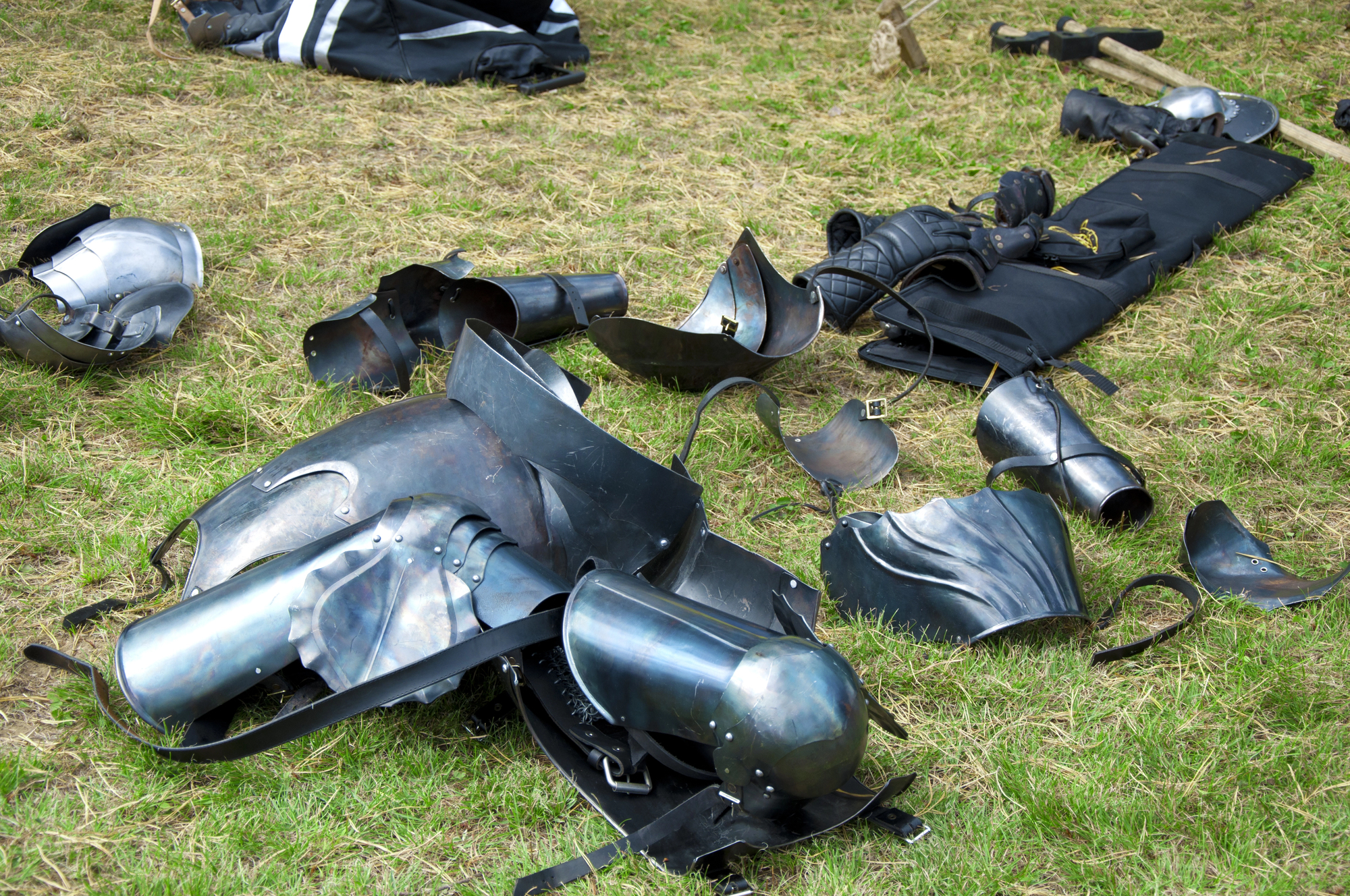
It remains illegal to enter the UK Parliament wearing a suit of armor, according to a law from 1313 that has never been repealed. The statute was originally enacted during a time of political tension between King Edward II and his barons.
Modern security staff still technically enforce this ancient regulation. This law is just one of many centuries-old regulations still technically in force in British Parliament, though most serve as historical curiosities rather than practical restrictions.
Japanese Dancing Restrictions
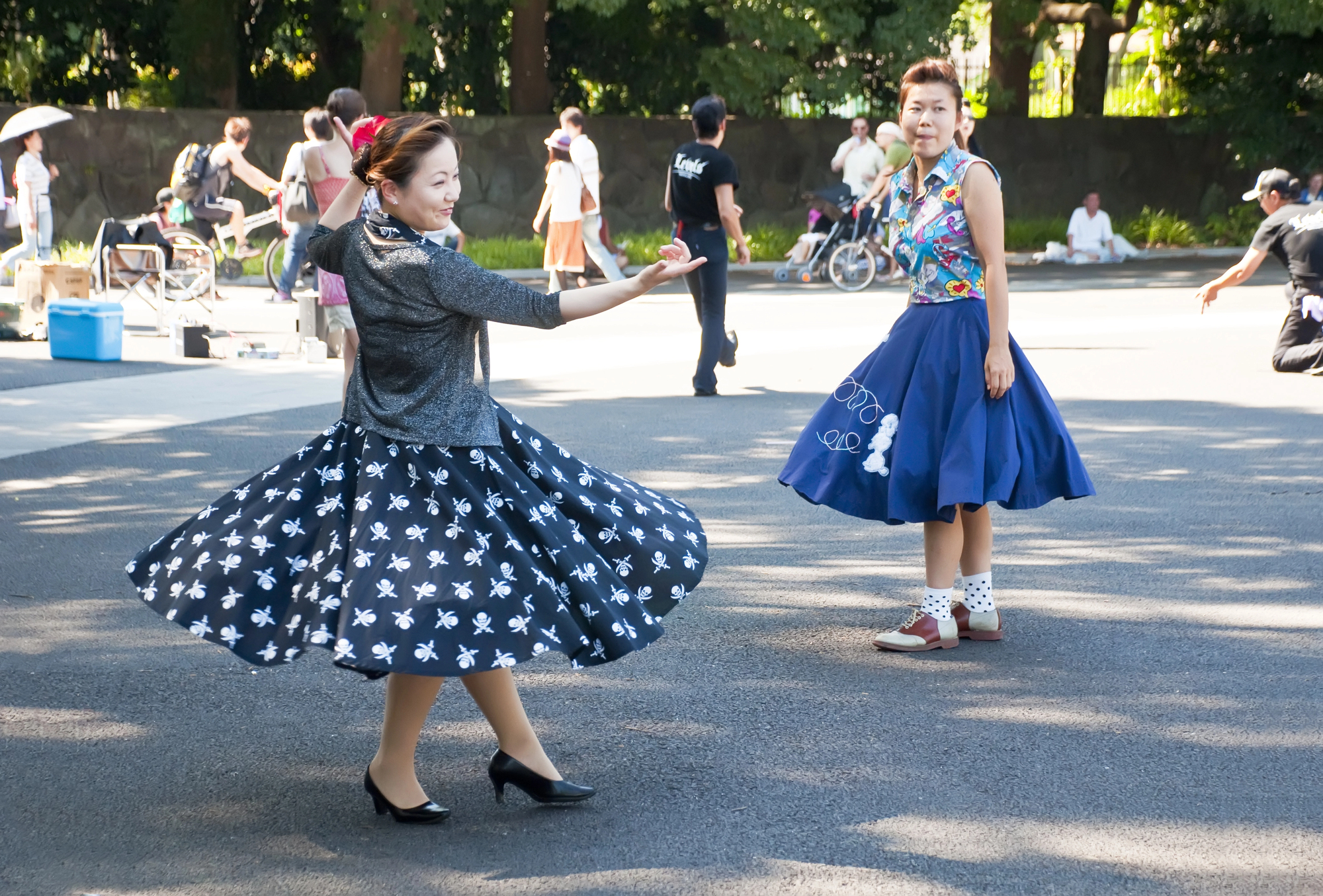
Until 2015, Japan’s Fueiho law strictly regulated dancing in public venues, requiring special licenses and limiting dancing to specific hours. The law, originally from 1948, was modified for the 2020 Olympics but still maintains some restrictions on dance clubs and venues.
Even after reform, venues larger than 33 square meters must still obtain a special license for dancing. The regulations stemmed from post-war efforts to control the perceived moral decline associated with dance halls.
Danish Name Regulations
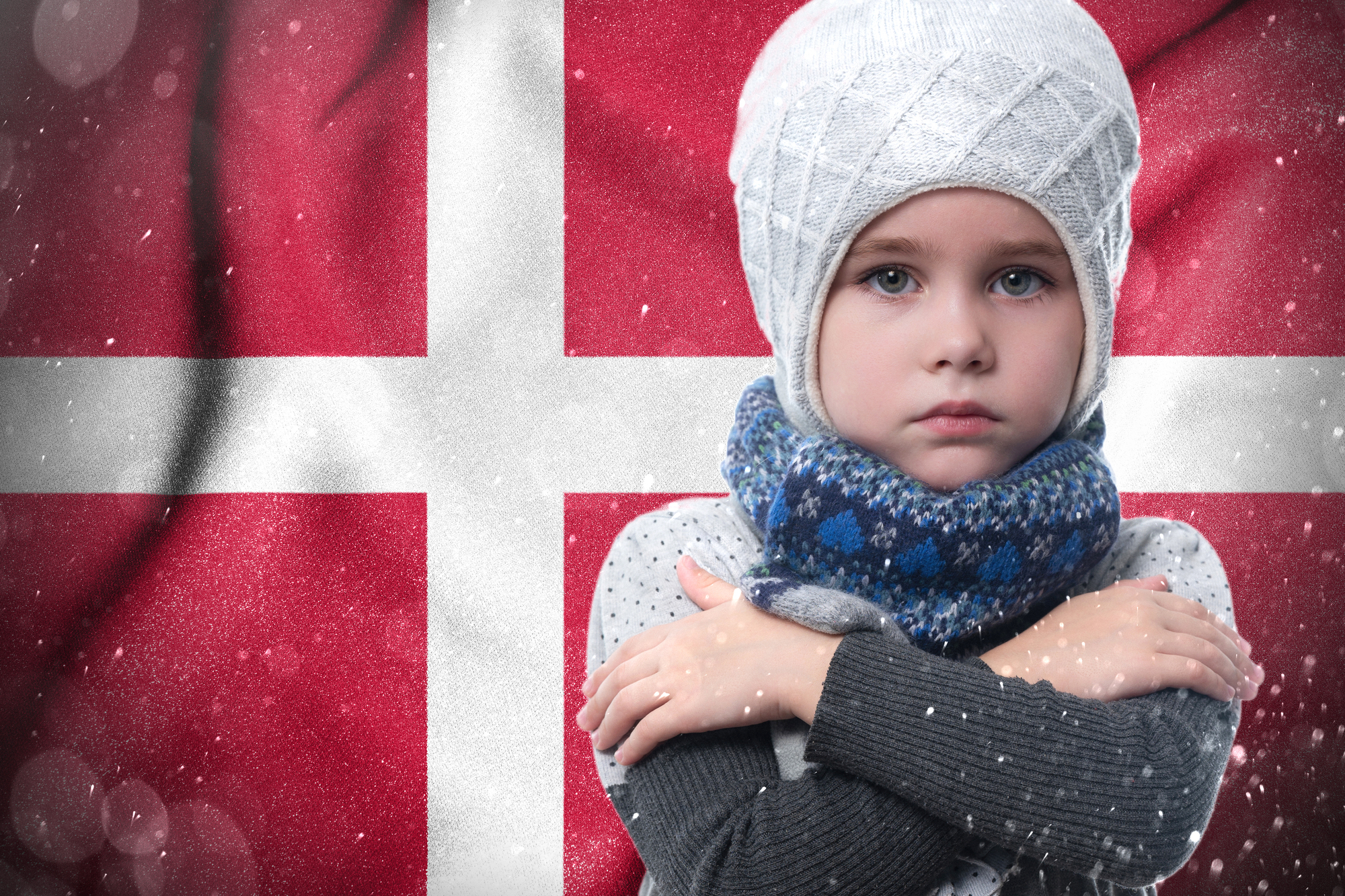
Denmark maintains a list of approximately 7,000 approved baby names, and parents must choose from this list or seek special permission. The Law on Personal Names aims to protect children from unusual names that might cause social problems.
Permission requests for unique names face rigorous review processes. The law also ensures that names indicate gender appropriately and don’t cause offense or embarrassment to the bearer.
Like Go2Tutors’s content? Follow us on MSN.
Venetian Bird Feeding Ban

Feeding pigeons in Venice’s St. Mark’s Square carries a fine of up to €700. The law, implemented in 2008, aims to protect historical buildings from corrosive droppings and reduce the pigeon population.
Local authorities actively enforce this regulation to preserve architectural heritage. The ban has successfully reduced the square’s pigeon population by more than half since its implementation.
Australian Poker Restrictions

In Western Australia, it’s illegal to possess more than 50 playing cards. This unusual law dates back to attempts to prevent gambling fraud and remains technically active, though rarely enforced.
Professional card dealers must obtain special permits. The regulation stems from historical concerns about marked cards and illegal gambling operations in the region’s early colonial period.
Norwegian Light Requirements

Bergen, Norway requires all residents of underground facilities to install sun lamps and vitamin D supplements for workers. This regulation ensures health standards for those working in subsurface environments during long winter months with minimal natural sunlight.
The law reflects growing awareness of seasonal affective disorder and the importance of light exposure for worker well-being. Annual inspections ensure compliance with these illumination standards.
Like Go2Tutors’s content? Follow us on MSN.
French Ketchup Control

French schools restrict ketchup in cafeterias to once per week, typically only with french fries. This 2011 regulation aims to preserve French culinary culture and promote healthier eating habits among students.
The law specifically targets American-style fast food influence. School nutritionists monitor condiment usage to ensure compliance with these cultural preservation guidelines.
Canadian Radio Content

Canadian radio stations must ensure 35% of their musical content comes from Canadian artists between 6 AM and 6 PM. This “CanCon” regulation, established in 1971, aims to promote Canadian culture and protect it from American media dominance.
The policy has successfully launched numerous Canadian artists to international fame. Regular audits ensure stations maintain their required quotas of domestic content.
Greek High Heels Ban

Greece banned high heels at certain archaeological sites, including the Acropolis, to protect ancient marble. The 2009 regulation specifically prohibits shoes that can damage historical surfaces.
Visitors must wear flat shoes or risk being denied entry. Studies showed that pointed heels could exert pressure up to 20 times greater than flat shoes on ancient surfaces.
Like Go2Tutors’s content? Follow us on MSN.
Swiss Car Washing Rules

Several Swiss cantons prohibit washing cars on Sundays and public holidays. This regulation falls under broader noise control and environmental protection laws.
Some areas even specify which cleaning products residents can use in their driveways. The restrictions reflect Switzerland’s strong emphasis on Sunday as a day of rest and community tranquility.
Thai Currency Protection

It’s illegal to step on Thai currency, as it bears the king’s image. Violating this law can result in fines or imprisonment under lèse-majesté laws.
The regulation extends to foreign visitors and applies to both coins and banknotes. Even accidental stepping on currency can lead to social censure and potential legal consequences.
German Shop Hours

Most German shops must close on Sundays and holidays under the “Ladenschlussgesetz” (Shop Closing Law). While some exceptions exist for gas stations and shops in train stations, this regulation aims to protect worker rights and maintain social traditions.
The law has survived numerous challenges from retail associations. Recent modifications allow for limited Sunday shopping events in tourist areas.
Like Go2Tutors’s content? Follow us on MSN.
Bhutanese Tobacco Control

Bhutan completely banned the sale of tobacco in 2004, making it illegal to sell or distribute tobacco products. While personal possession is allowed in limited quantities, importing tobacco incurs a 200% tax.
The law reflects Buddhist values and public health concerns. The country maintains some of the world’s strictest anti-smoking regulations.
Spanish Beachwear Restrictions

Barcelona prohibits wearing swimwear away from beach areas, with fines up to €300. The regulation, implemented in 2011, aims to maintain city decorum and respect local customs.
Similar laws exist in other Spanish coastal cities. Local police regularly patrol tourist areas to enforce these dress code regulations.
Malaysian Color Restrictions
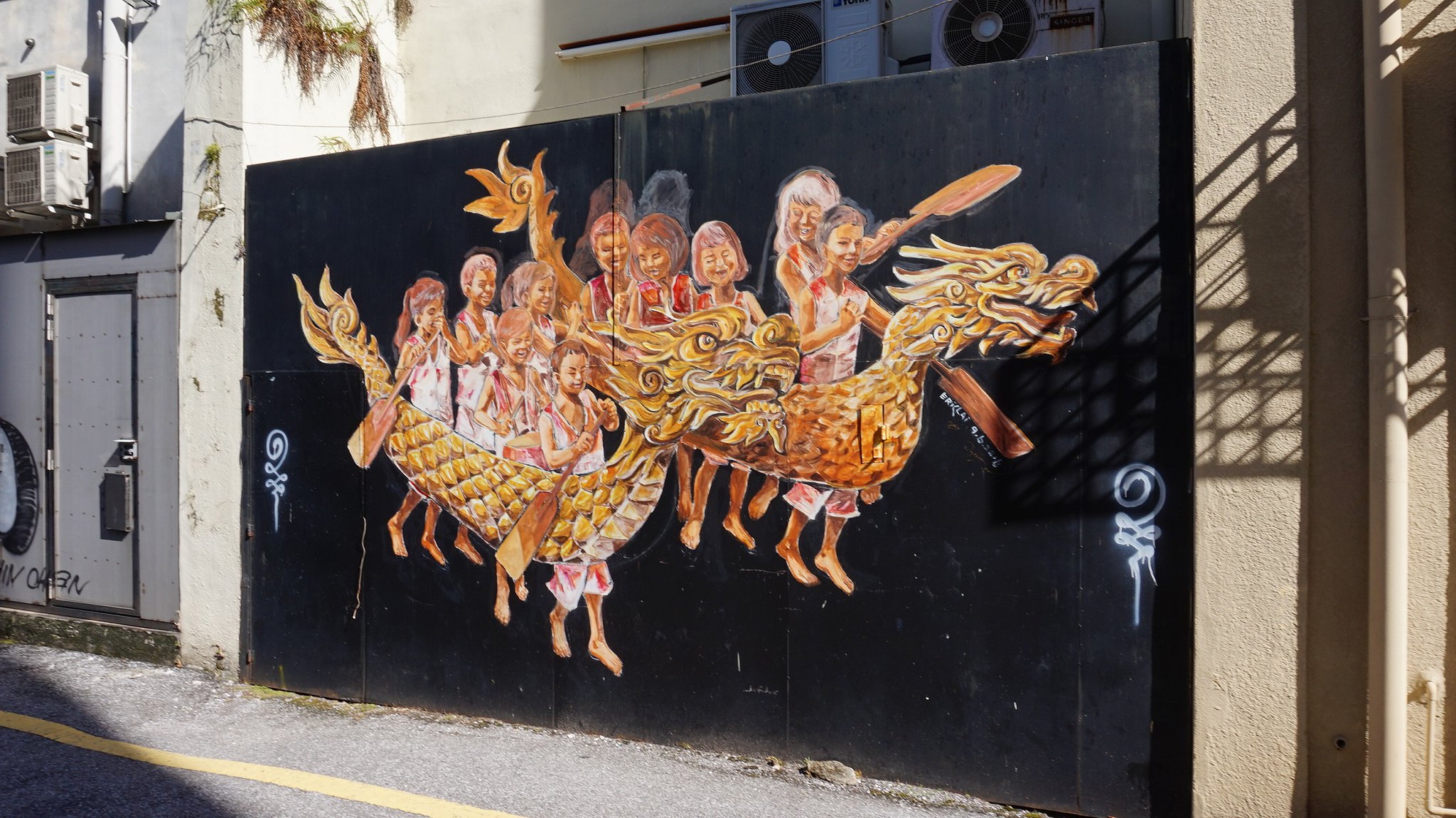
Certain colors are restricted for royal use in Malaysian states, particularly yellow in Perak and Negeri Sembilan. Using these colors without permission can result in fines or legal action.
The law protects traditional royal privileges. Even commercial products must avoid using these protected colors prominently in their packaging.
Like Go2Tutors’s content? Follow us on MSN.
Italian Sand Protection
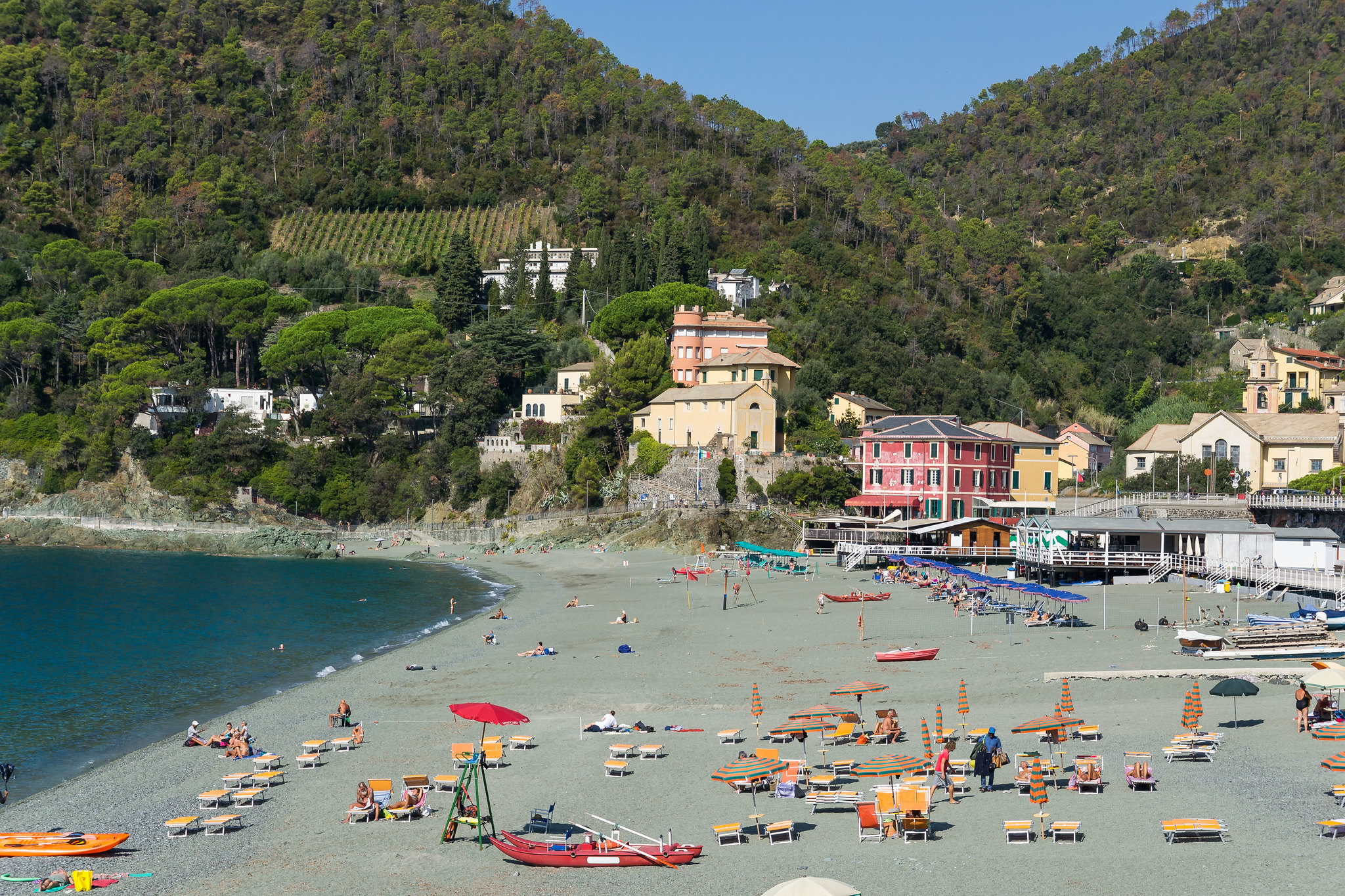
Sardinia imposes hefty fines for removing sand from its beaches, with penalties up to €3,000. The law prevents environmental damage and preserves natural resources.
Customs officials regularly inspect departing tourists’ luggage. The island has established a special “sand police” force to combat this specific form of environmental theft.
New Zealand Gardening Rules

Wellington restricts residential vegetable growing in some areas without permits, citing concerns about soil contamination and historical land use. The regulation requires soil testing and approval for edible gardens in affected zones.
These restrictions primarily affect areas built on former industrial sites. Regular inspections ensure compliance with safe gardening practices.
Swedish Light Law
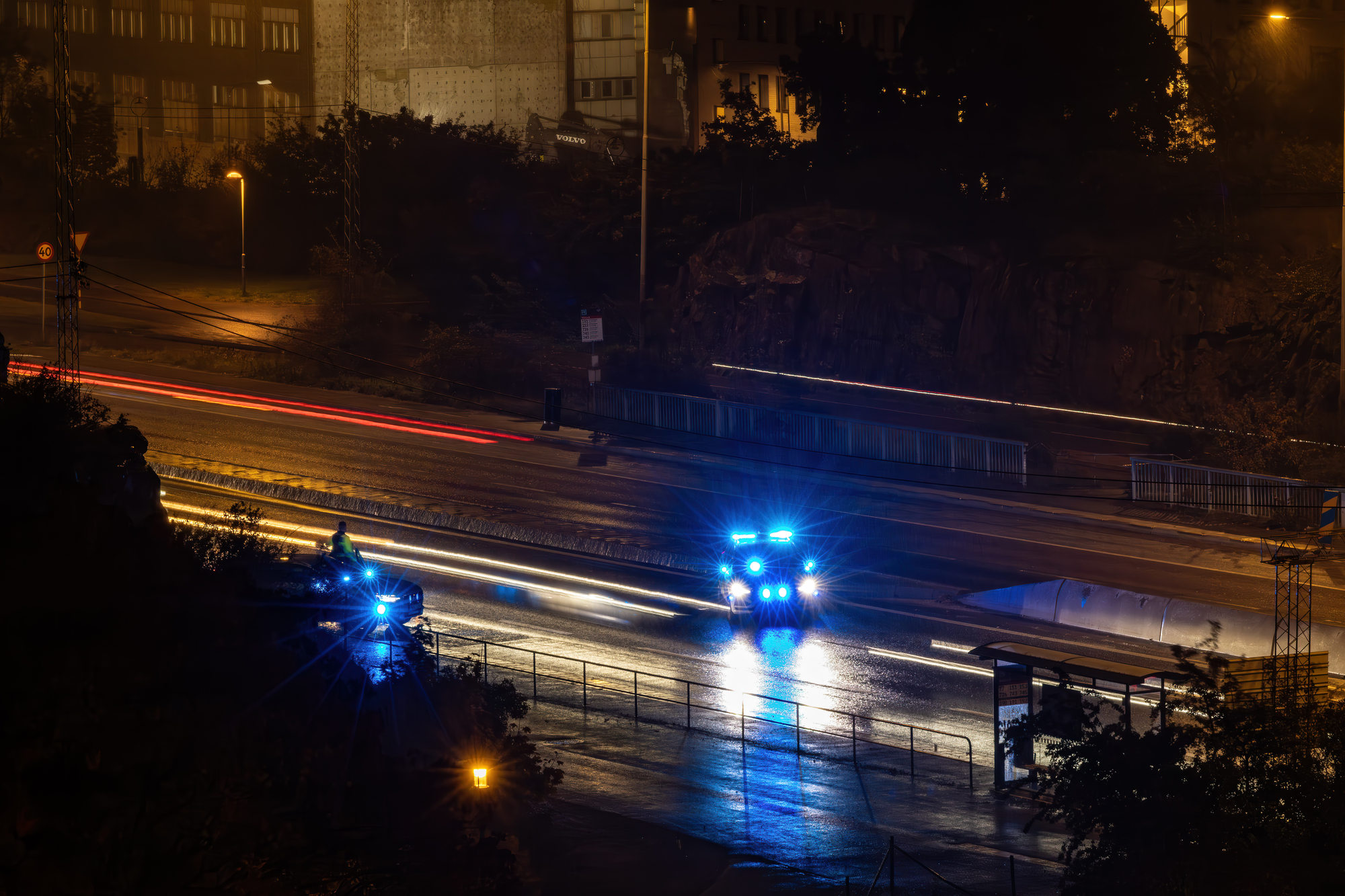
All vehicles in Sweden must keep their headlights on while driving, regardless of time or visibility. This 1977 law aims to reduce accidents and improve visibility in varying Nordic light conditions.
The regulation applies year-round. Studies have shown this requirement has significantly reduced daytime collision rates.
Like Go2Tutors’s content? Follow us on MSN.
The Legal Legacy

These unusual laws, while sometimes seeming arbitrary, often emerge from specific historical contexts or practical concerns. While some face modernization efforts, others persist as quirky reminders of how legal systems evolve to address unique local challenges.
Understanding these regulations provides insight into how different societies approach problem-solving through legislation. Many of these laws continue to influence modern policy-making and shape cultural behaviors in unexpected ways.
More from Go2Tutors!

- Famous Battles: How Much Do You Really Know About U.S. History?
- Top 5 Most Important Skills, According To Harvard Business School
- How Well Do You Know 90s Pop Culture? Take the Quiz
- Master the Art of Public Speaking with These Expert Tips
- Think You Know Capitals? Put Your Knowledge to the Test
Like Go2Tutors’s content? Follow us on MSN.


